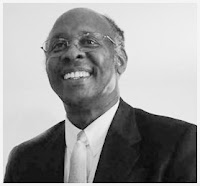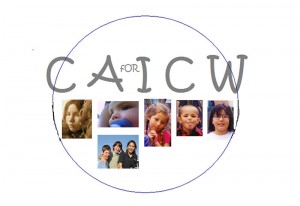It’s been a long and difficult two years, but God is good and faithful. Thank you for your prayers and support. Also thank you for telling us about [the attorney]. We will forever be indebted.
Where do I start? As you probably remember our story started with a baby girl born out of wedlock to an Indian father and Caucasian mother. The mother chose us to adopt (non-native) and the father agreed at the time. Now to bring you up to speed since our last letter Nov ’09. We waited until the bio-father was out of jail in hopes to meet with him and his family about the adoption. It was our understanding that the only reason the tribe intervened in November ’09 was because they believed the paternal family wanted to adopt her and that the father changed his mind. We felt that waiting was our only option because our attorney at the time was not supportive of us. He felt that we would never win regardless of what we did. We wanted our attorney at the time to co-counsel with [the attorney], but our attorney was very negative, made it sound like it was going to cost us thousands and it would all be a waste of time anyways. We didn’t believe that so like I said we waited. Eight months later we met with the father and family. They all agreed to the adoption. After that conversation we believed we would be able to adopt without the tribe interfering (they had originally released us to adopt). So we hired a new attorney to handle the adoption. We were talking with the father and hoping to finalize in Feb 2011. In Dec ’09 we had asked the father to come for a Christmas visit. He accepted. But the day arrived and he didn’t show up, no call or anything. The next thing we know our attorney receives a letter from the tribe that stated that the father came into the tribal attorney’s office refusing to agree to the adoption and the tribe was intervening. Unfortunately, our case was one of our attorney’s last cases because he was retiring. So needless to say we had to find a new attorney to take our now contested case. We were blessed to find ————. She was willing to co-counsel with [the attorney] and they made an awesome team. Both of them fight for the child’s rights with honesty and dignity. They made our case bullet proof and we won… The tribe still has 42 days to appeal the decision, but —– talked to the tribal attorney and he said that he is recommending that the tribe DOES NOT intervene. Like I said our attorneys made our case bullet proof so it would be unlikely for the tribe to win even in the Supreme Court. We will wait out the 42 days and finalize the adoption after [in] October…
[We] are still in a state of shock or disbelief. Maybe it will hit us when we sign the final papers.
Again, thank you for all of your support and prayers. We truly believe that we would not be holding our precious forever daughter without your guidance to the right attorney, your encouragement and your website to educate us. We have directed others to your website and have been able to educate others because of it. We were surprised how many people including Natives that are not aware of ICWA.
As I have promised in the past I will do what I can to help support you and the people you help as soon as this is over.
Many blessings,







